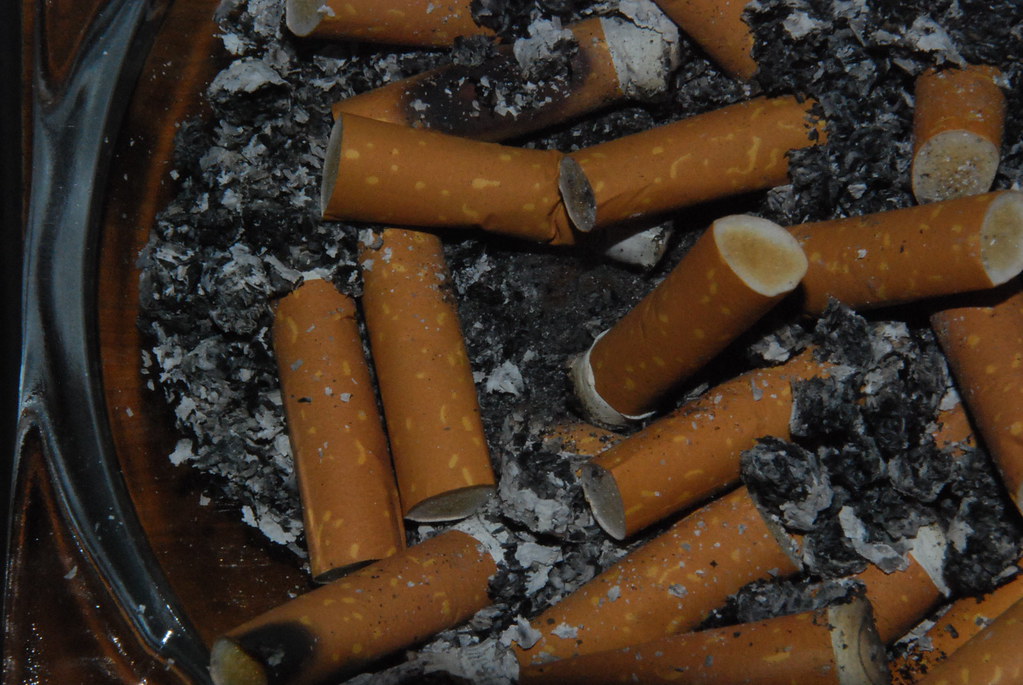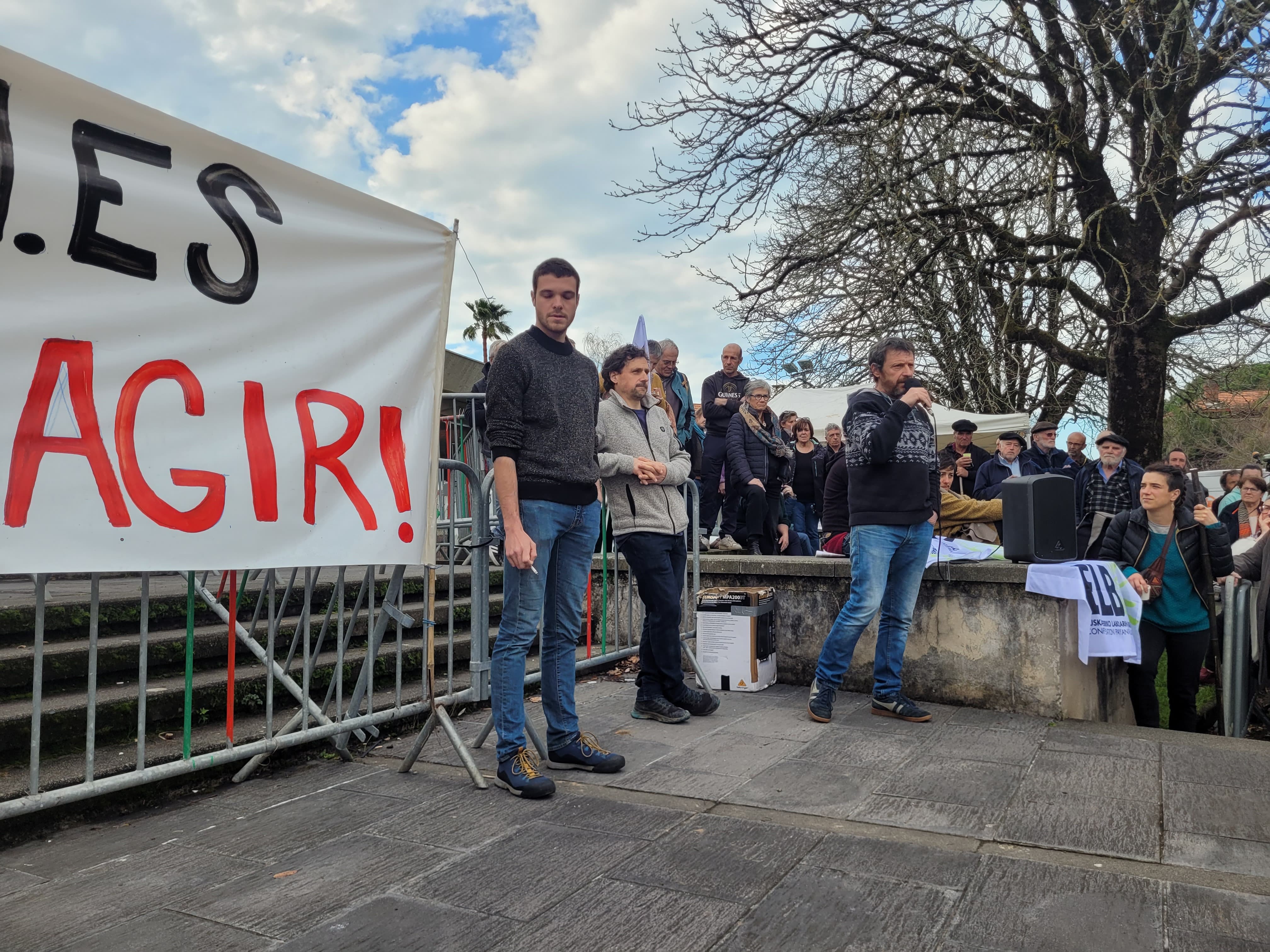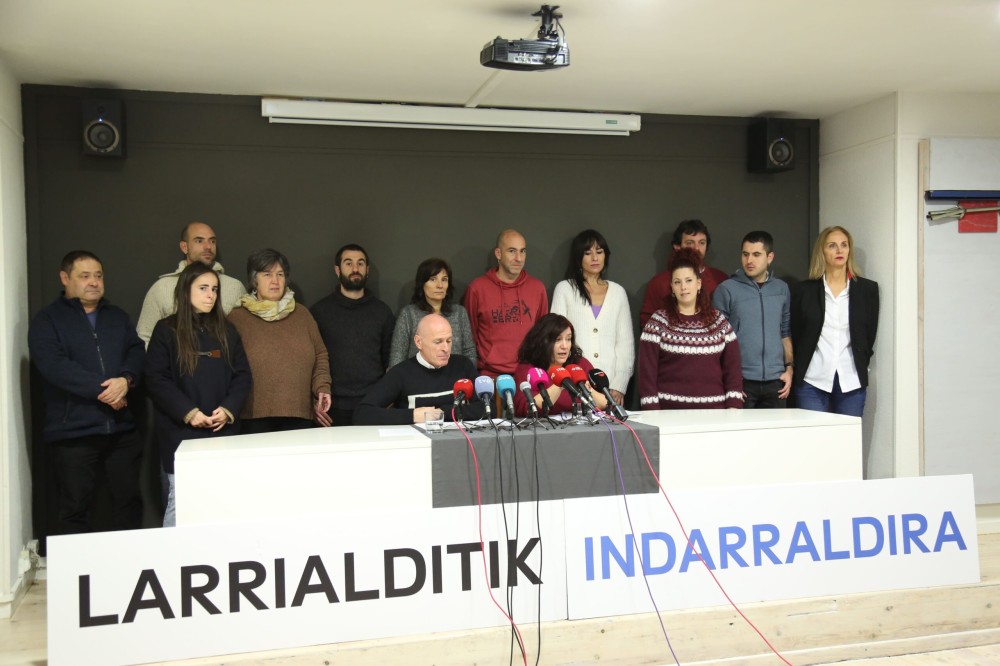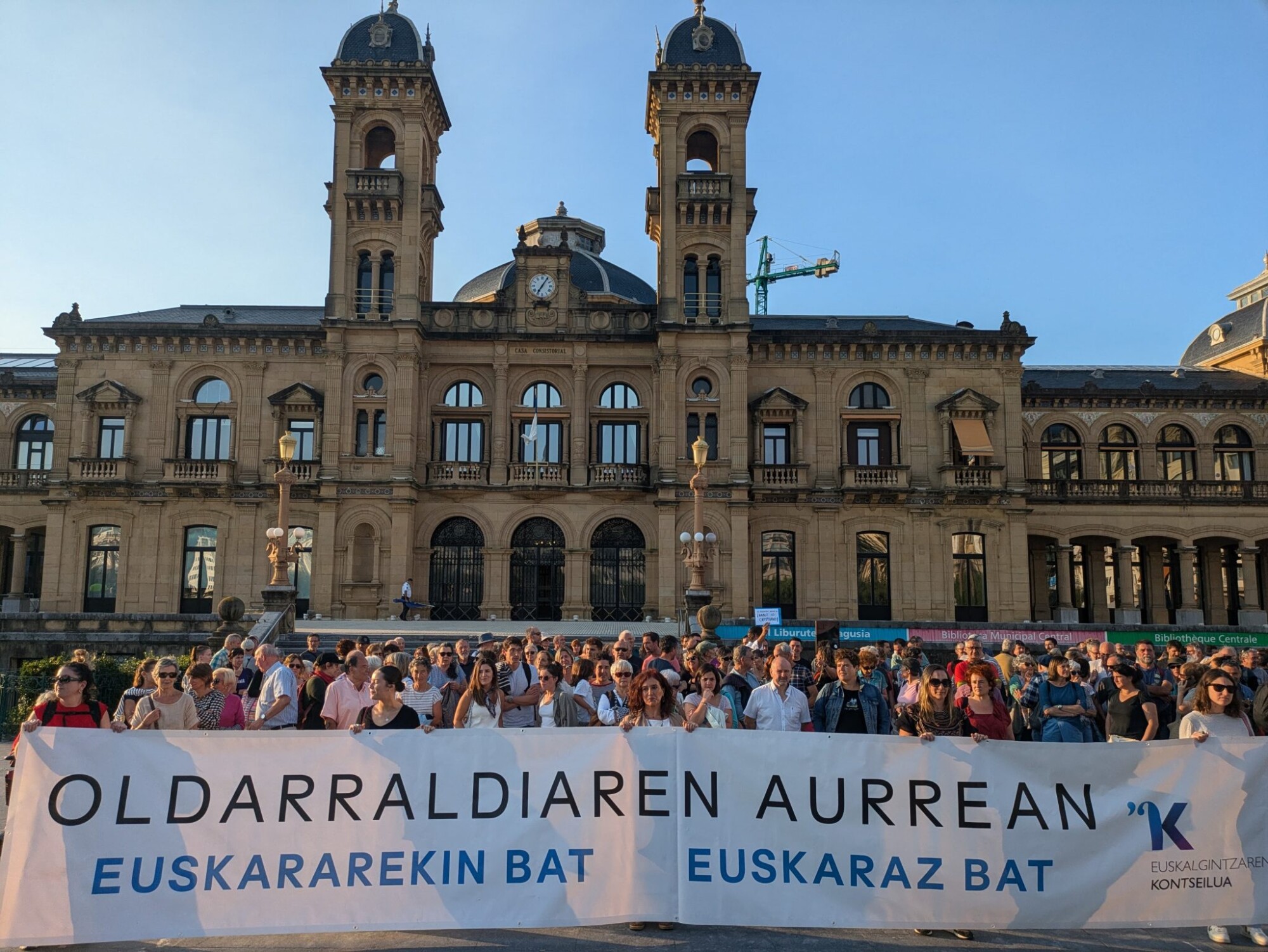Cheap houses in Vizcaya
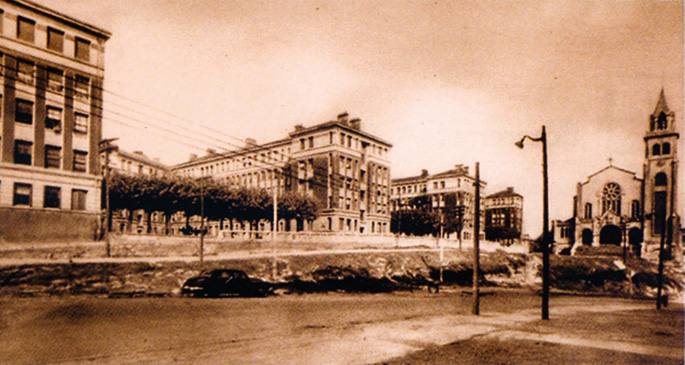
Madrid, 1911. The Spanish government launched the Affordable Homes Act with the aim of improving the poor housing conditions of workers concentrated in the main industrial centers and taking as a model (basically copying) the laws created in both Britain and France at the end of the 19th century.
Being one of the most industrialized regions of the peninsula, the need for cheap and decent houses for workers was great in Bizkaia, in the area of Bilbao. There were problems of hygiene, pandemics, lack of services and lack of space. In addition, in this rugged territory, flat plots were occupied by industry, which exacerbated the housing problem. As a result, social conflicts arose and, for example, during the mining strike of 1890, one of the demands was to improve housing conditions.
The workers wanted houses, the bourgeoisie did not want conflicts and, as such, the Biscayan institutions and the main private companies did not wait for the law to come from Madrid. Thus, in 1909 they subsidized the construction of the blocks of the neighborhood of La Kruz. For the rent of twelve pesetas a month, the workers had a house that they could not otherwise afford: two or three rooms, tap water, shower, toilet, fire plate...
Together with the law, the Provincial Council of Biscay decided to promote these initiatives, the then Caja de Ahorros Vizcaina assumed the financing of buildings and the management of savings of working families, cooperatives were created for construction works and the most famous architects of the time designed houses and flat barracks of neo-Basque and English style.
Bizkaia, the image of its cheap houses has been collected in the book 1911-1936 by the art historian Ana Julia Gómez, the history of these houses and the exhibition of the same name is also on display until 26 February at the Provincial Library of Bizkaia.
During the outbreak of the war, 57 sets of cheap houses were built in all twelve municipalities. And not only would they be cheap, but they would also be of quality, since all but six are standing today.
Gabonetako argiak pizteko ekitaldia espainolez egin izanak, Irungo euskaldunak haserretzeaz harago, Aski Da! mugimendua abiatu zuen: herriko 40 elkarteren indarrak batuta, Irungo udal gobernuarekin bildu dira orain, alkatea eta Euskara zinegotzia tarteko, herriko eragileak... [+]
Irailaren 9ra gibelatu dute Kanboko kontseiluan gertatu kalapiten harira, hiru auzipetuen epaiketa. 2024eko apirilean Kanboko kontseilu denboran Marienia ez hunki kolektiboko kideek burutu zuten ekintzan, Christian Devèze auzapeza erori zen bultzada batean. Hautetsien... [+]
Oinarrizko maia komunitateko U Yich Lu’um [Lurraren fruitu] organizazioko kide da, eta hizkuntza biziberritzea helburu duen Yúnyum erakundekoa. Bestalde, antropologoa da, hezkuntza prozesuen bideratzaile, eta emakumearen eskubideen aldeko aktibista eta militante... [+]
Zer jakin behar dut? Norekin erlazionatu behar dut? Non bizi behar dut? Ardura horiekin gabiltza gizakiok gure gizarteen baitan bizitza on baten ideia bizitzeko bidean. Ondo erantzuten ez badakigu, bazterretan geratuko garen beldurrez.
Joan den astean, kanpoan geratzearen... [+]













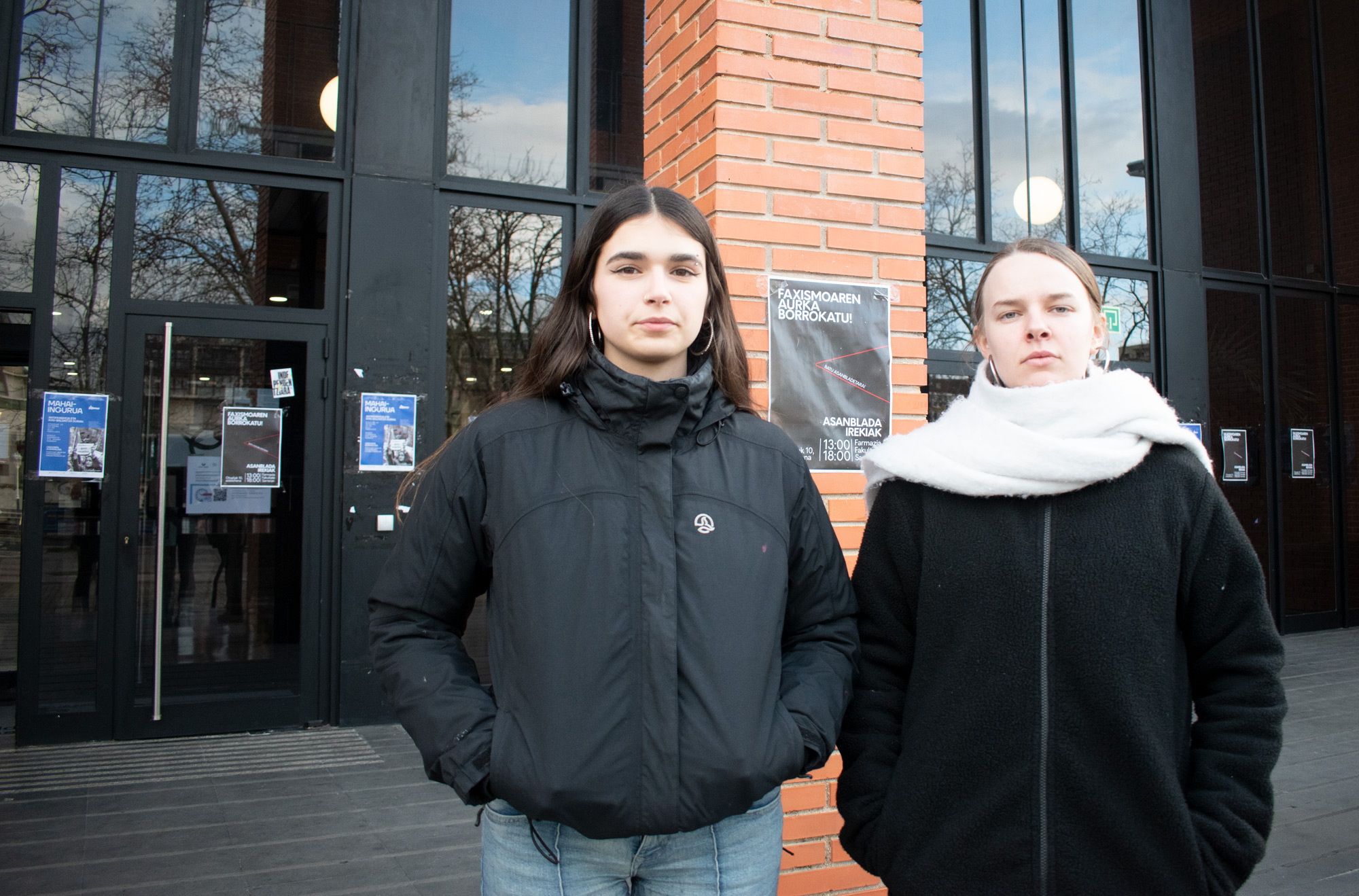
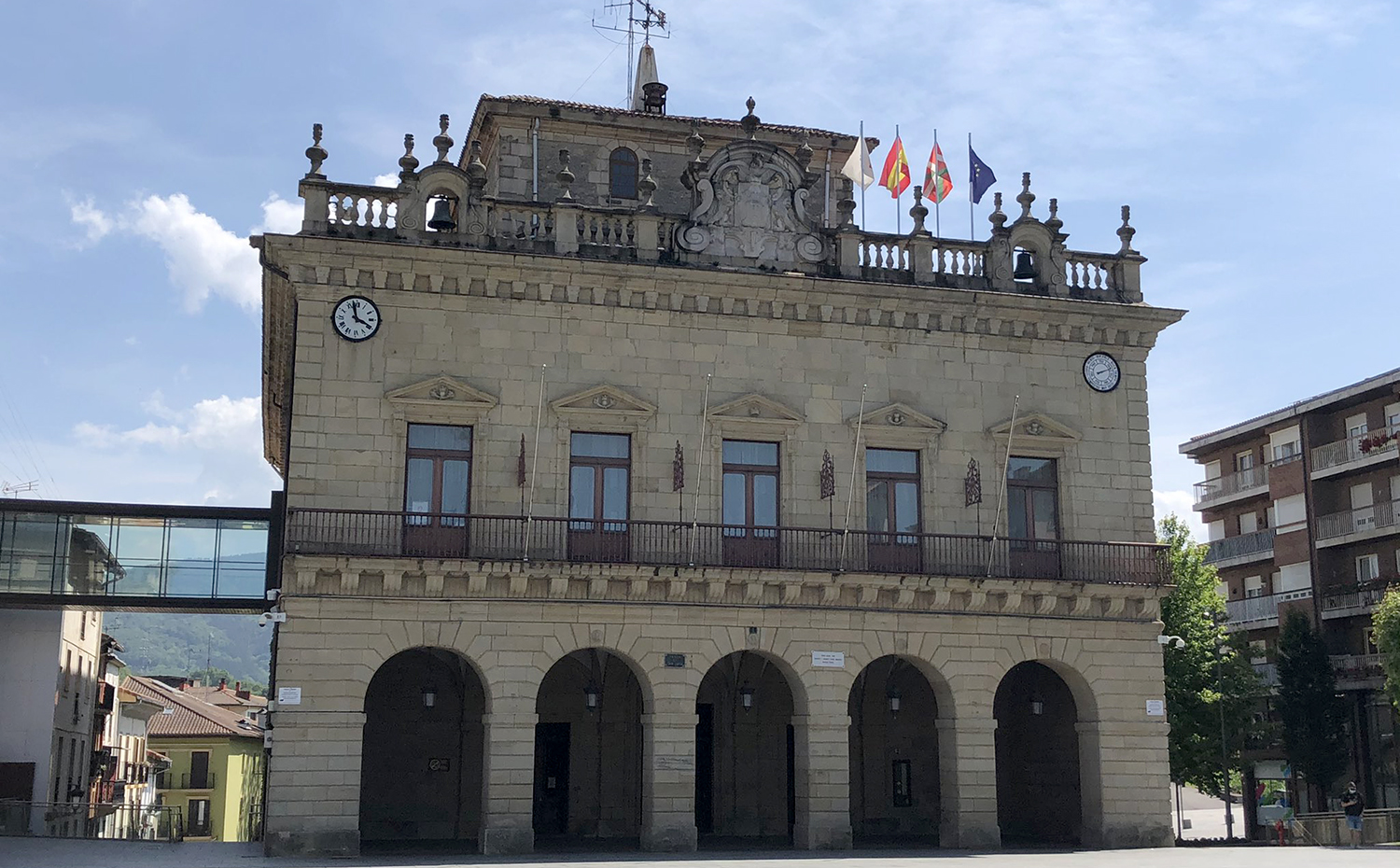

_2.jpg)
